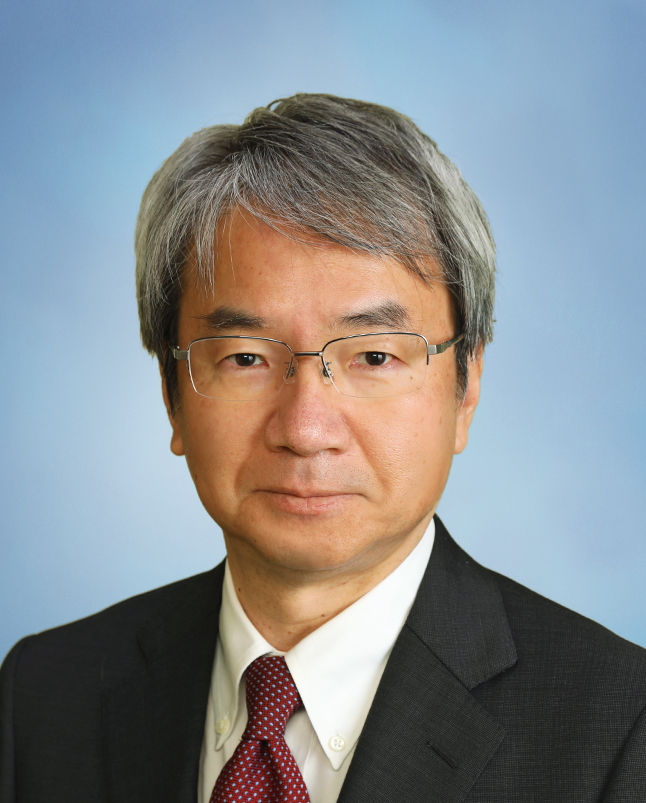 Tai Asayama
Tai Asayama
Tai Asayama is Deputy Director General of Fast Reactor Cycle System Research and Development Center of Japan Atomic Energy Agency in Ibaraki, Japan.
He has been engaged in the development of high temperature materials evaluation and structural design methodologies for fast reactors for more than 35 years.
He is currently leading research and development programs for fast reactors at JAEA, and playing a key role in the development of codes and standards for innovative reactors in the Japan Society of Mechanical Engineers. He was also contributing to the codes and standards development committees in the American Society of Mechanical Engineers until a few years ago for about twenty years.
Tai Asayama is a graduate of the University of Tokyo, where he received a doctorate in engineering.
Kenya Suyama
Dr. Kenya SUYAMA is the acting director at the Collaborative Laboratories for Advanced Decommissioning Science (CLADS) of the Japan Atomic Energy Agency (JAEA). He has been instrumental in the Atomic Energy Society of Japan, as he is a member of the Reactor Physics Division (vice president of FY2024 and FY2025), Nuclear Data Division, International Nuclear Information Network (vice president of FY2024 and president of FY2025), Standards Committee (vice chair of Criticality Safety Working Groups) and the International Activities Committee.
He has led nuclear fuel cycle physics research and developed reactor physics computer codes at Japan Atomic Energy Research Institute (JAERI) and JAEA since 1995. Recently, he led the project of “modification of STACY (Static Experiment Critical Facility)” of JAEA as manager of the Fuel Cycle Safety Research Division and leader of the Criticality Safety Research Group of NSRC, JAEA (2021 - 2024).
During his career, he was deeply involved in nuclear science activities under the Nuclear Science Committees (NSC) of the Organization for Economic Co-operation and Development (OECD) / Nuclear Energy Agency (NEA) for over twenty years, including working experience in the Nuclear Science Section of the OECD/NEA from 2000 to 2003 and as the head of the Data Bank from 2018 to 2021.
From 2008 to 2010, at the Ministry of Education, Culture, Sports, Science and Technology of Japan, as the director of the office of international relations of the nuclear safety division, he extended information exchange agreements between MEXT and esteemed international partners. He also intensively contributed to preparing the first nuclear security summit organized in Washington, D.C., USA.
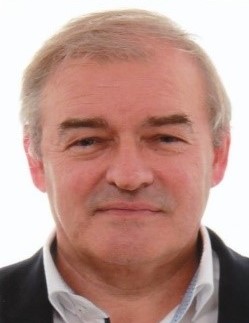
Jean Marie Muylaert
Jean Muylaert received his master’s degree in Electromechanical Engineering from the University of Leuven (Belgium) followed by the Master degree from the Von Karman Institute Brussels on transonic Aerodynamics.
His industrial professional carrier started at DORNIER Germany where he oversaw developing tools on aerothermodynamics for high-speed vehicles. While at DORNIER he was seconded to the ETW (European Transonic Wind tunnel) team in Amsterdam and later to Köln where he was in charge of the design, the commissioning and the calibration of the ETW airline components. As from 1988 he joined the European Space Agency (ESA) where he has setup and led the Aerothermodynamics (ATD) section providing support for all launchers and re-entry missions as well as promoting R& D activities in the field of CFD validation including wind tunnel and flight instrumentation developments.
He embarked on a series of “In Flight Research” projects associated with ATD and TPS (Thermal protection Systems) design related issues. He was the chief scientist of the European Experimental Re-entry Test bed (EXPERT) flight project.
He has edited 4 books, published more than 100 papers and is a lecturer at European universities. As from 1 November 2008 he became the Director of the Von Karman Institute in Brussels. He was the co-initiator and coordinator of the QB50 project dealing with a worldwide constellation of CubeSat’s for In Orbit Demonstration of Satellite technologies and atmospheric science.
As from 1 January 2017 he returned to ESA where he was responsible for development of the ESA REDU centre (now ESEC) in Belgium and contributed to the setting up of the Cyber Range and its Secure Space Operation Centre. Received Honourable Doctor Degree from the SBRAS, Siberian Branch of the Russian Academy of Sciences in 2011 and was nominated senior advisor on Aerothermodynamics and propulsion at ESA in 2012.
In 2014 he became fellow / Academician of the International Astronautical Academy and in 2016 the high European representative to the EC DEVCO ISTC’s Scientific Advisory Committee (SAC). Presently senior advisor to the EC and CEO of SPAERO; PM for industry for Micro-Sat Space missions, Cyber secure communications, Crisis management system for Critical infrastructures.
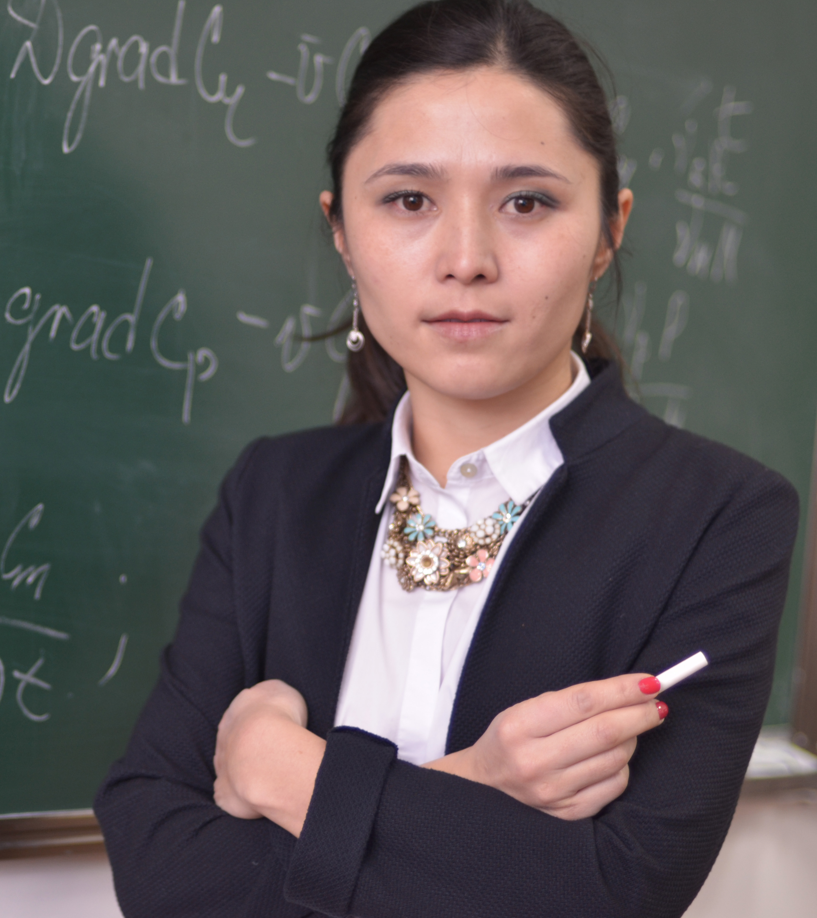
Madina Tungatarova
Dr. Madina Tungatarova earned her PhD in Fluid mechanics from Al-Farabi University, Kazakhstan, and her Doctor of Engineering from AGH University of Science and Technology, Poland.
She completed internships at the Interdisciplinary Center for Scientific Computing at Heidelberg University in 2007 and 2008, as well as at AGH University of Science and Technology in 2006 and 2007, supported by grants from INTAS (International Association for the Promotion of Cooperation with Scientists from the Independent States of the Former Soviet Union) and DAAD (German Academic Exchange Service).
Since 2017, she has been coordinating the Kazakh-French Geo-Energies Center, overseeing the training of Master’s students in a double-degree program in collaboration with the University of Lorraine from the Al-Farabi University side.
Since 2002, Dr. Madina Tungatarova has been involved in developing transport models for uranium mining using the in-situ leaching method. Together with colleagues, she has developed software for investigating the uranium mining process, which are using in uranium mining deposits in Kazakhstan.
Dr. Tungatarova has supervised scientific projects funded by the Ministry of Science and Higher Education of the Republic of Kazakhstan. She was also a supervisor for a subproject focusing on the development solar energy storage technology for scape heating and hot water supply under the program “Stimulation of Productive Innovations,” implemented by the Ministry of Education and Science of the Republic of Kazakhstan in collaboration with the World Bank.
Dr. M. Tungatarova have published more than 50 papers, including in international peer-reviewed journals, has also served as a reviewer for scientific articles in prestigious journals.
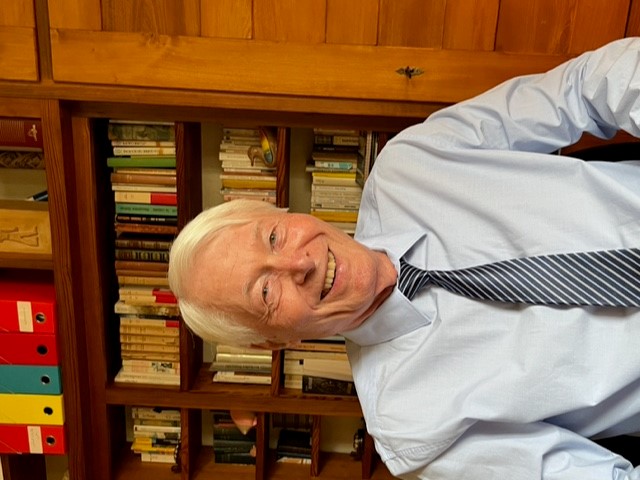
Maurice Leroy
Maurice Leroy serves as vice president of the French national commission for the evaluation of research and studies relating to the management of radioactive materials and waste. He is a member of the scientific advisory committee of ISTC and a member of the French academy of pharmacy.
He has a long experience in conducting and assessing national research programmes for the Central commission for nuclear energy (CEA) and for the national centre of research (CNRS) dealing with the treatment, conditioning and storage of inorganic, metallic and nuclear waste with a special attention to their chemical and toxicological impact on the environment especially on water quality and security.
Maurice Leroy has been professor at the European school of chemistry, polymers, and materials (ECPM) at the university of Strasbourg. He served during 16 years as director for chemistry and for the chemistry/biology interface with the French high commissioner for atomic energy. In this context, he worked with industries and administrative authorities at the highest level and throughout his career he led many national and international scientific committees.
Maurice graduated from the university of Strasbourg with a PhD in physical chemistry and a doctorate in pharmacy. He made a post-doctorate at Cornell university.
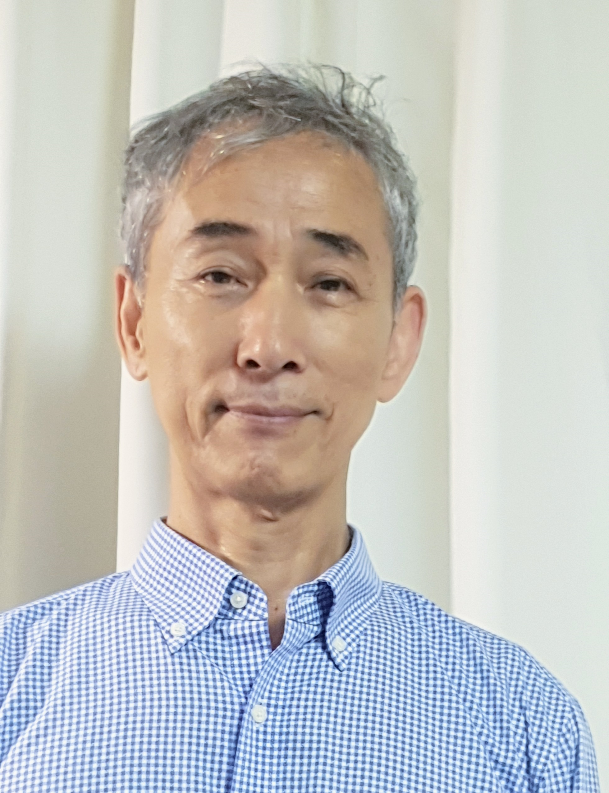
Young-Ouk Lee
Young-Ouk Lee serves as a principal researcher at the Korea Atomic Energy Research Institute (KAERI), and as an Advisor to the Institute of Basic Science (IBS) in Korea.
He dedicated his expertise as a nuclear reactor physicist between 1986 and 1999, and since 2000, he has been actively engaged in the nuclear data field, making extensive contributions to the International standard nuclear data library (ENDF/B-VII), the IAEA standard photonuclear reaction data library, and the Japanese Evaluated Nuclear Data Library (JENDL). His contributions encompassed neutron, proton, and photon-induced nuclear reaction data for a wide range of isotopes.
From 2005 to 2019, Young-Ouk took the lead in the nuclear data project aimed at establishing Korea's national nuclear data infrastructure. In the same period, he was also entrusted with tasks encompassing radiation protection from nuclear explosions, ensuring the radiation safety of accelerators and fusion devices, and developing accelerator-based neutron sources within Korea.
Since 2011, Young-Ouk has been at the forefront of planning, designing, and constructing the nuclear reaction data production facility (NDPS), which is a key component of the IBS heavy ion accelerator (RAON) in Korea.
Young-Ouk had made substantial contributions to international nuclear science communities, participating in organizations such as the International Nuclear Data Committee of IAEA, OECD/NEA Nuclear Data Bank, and OECD/NEA Nuclear Science Committee.
Throughout his 35-year tenure, Young-Ouk has collaborated with co-authors to publish 74 SCI papers across various fields, including nuclear physics, nuclear data, accelerator applications, neutron sources, and particle transport analysis.
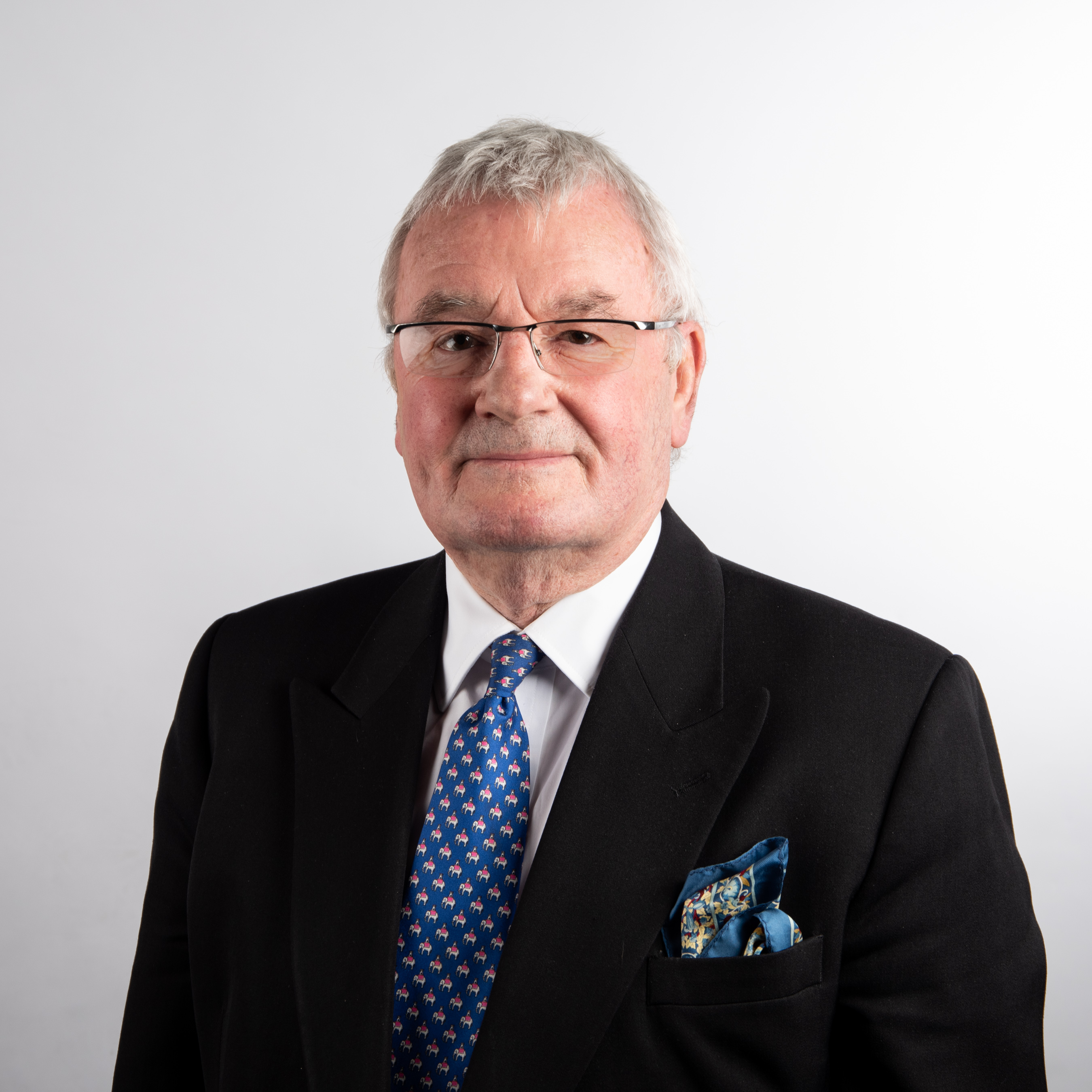
Nigel Lightfoot
Professor Nigel Lightfoot CBE has a long and distinguished career in public health and global health security. He is a High-Level Advisor to EC Foreign Policy Instrument and a member of the Scientific Advisory Council of the International Science and Technology Centre in Kazakhstan. He is a Consultant for NATO working on mobile CBRN laboratories for Moldova, Tunisia and Morocco. He has been an Independent Medical Adviser to Yorkshire Water Services since 1995 and the Independent Medical Advisor to Amazon on COVID-19 since February 2020.
Training originally as a consultant medical microbiologist, Nigel served for twelve years in the Royal Navy including nuclear submarines. He was a Director in the Public Health Laboratory Service from 1982-2002 and following the 9/11 attacks in the United States he was appointed to the Department of Health as Head of CBRN Training and Scenario Development. He developed cutting edge multi-agency exercises for CBRN preparedness, and as Director of Emergency Response he set up the Emergency Response Division of the Health Protection Agency from its inception in 2003 until 2010. He was also a non-executive Director of the Centre for Applied Microbiology and Research, Porton Down, from 1994 to 2003.
As the Director for Emergency Response at the Health Protection Agency, he led on pandemic influenza, emerging health threats, CBRN response strategies and international relations in G7 for these areas. He has provided expert advisory work as consultant to the Department of Health, the Home Office, the Ministry of Defence and the Drinking Water Inspectorate. He was Executive Director of Connecting Organisations for Regional Disease Surveillance (CORDS) 2012 -2016 and led six networks of 28 low to middle income countries in building capacity, developing one health and innovative operational research programmes for the surveillance of infectious diseases. He successfully built a West African Network in the wake of the Ebola crisis.
Dr Lightfoot has enormous experience in public health and crisis management; He was responsible for the Health Protection Agency pandemic influenza planning and response and led the public health response during the 2009 H1N1 pandemic. He was a member of the government crisis committee, COBR for many years and led on pandemic and avian influenza outbreaks, flooding and the public health investigation into the murder of Alexander Litvinenko with Polonium 210 in London.
He has extensive experience in risk management and risk communication, interventions in outbreaks and is able to make risk impact decisions quickly and soundly to protect the public. He is recognised for his strategic thinking and for his ability to bring meetings to effective outcomes.
Dr Lightfoot was appointed a Commander of the British Empire for services to public health in the 2009 New Year’s Honours List.